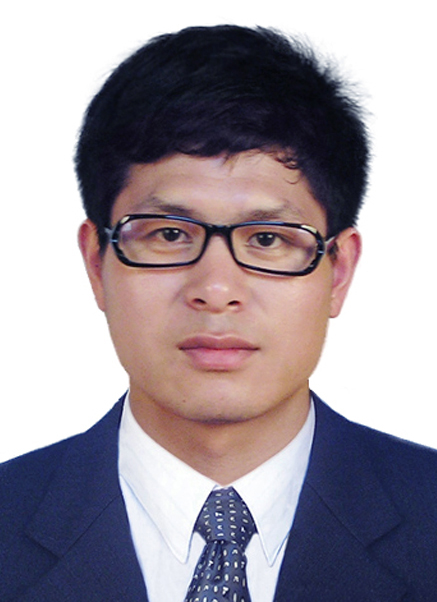
Dapeng Yan, Principle Investigator
Address:, Room 918, Building 13,
130 Dong An Road, Xu Hui District Shanghai, 200032
Phone Number: 86-21-54237692
E-mail: dapengyan@fudan.edu.cn
Lab Staff and Students
Postdoctoral fellow
Zijuan Chen
Research assistant
Ruixue Zhou
Joint training graduate students
Yu Wang Peiqiang Yi
Research Interests
1) Many pathogens developed complex and efficient anti-immune strategies to interfere with host immune responses, which can result in diseases or chronic infections. How do these “smart” pathogens evade from the host immune response? Our goal is to clarify the interaction mechanism of pathogen and host proteins during infection process at molecular, cellular and animal levels, which will not only provide new molecular basis for the pathogenic mechanism of pathogen proteins in immune system, but also supply important theoretical evidence for the development of clinical strategies for infection diseases.
2) FoxP3+ T regulatory (Treg) cells help maintain lymphoid homeostasis in many immunological contexts: tolerance to self versus autoimmune deviation, foeto-maternal tolerance, allergy, responses to pathogens, and interactions with commensal microbes. Our group mainly focuses on the role of phosphatases on Treg signaling transduction with the tumor, EAE and IBD model, which will provide strategies for not only basic research but also clinical study.
3) As malignant cells, which can be distorted by gene mutation, tumor can escape immune surveillance, which leads to tumor tolerance and ultimately destroys human health. In our group, we focus on the role of these proteins in immune escape, which could provide new theoretical basis and drug targets for the prevention, diagnosis and treatment of tumors.
Publications
1. Yan, D.P., Wang, X.Y., Luo, L.J., Cao, X.T. and Ge, B.X . Inhibition of TLR signaling by a bacterial protein containing immunoreceptor tyrosine-based inhibitory motifs. Nature Immunology 13, 1063–1071 (2012).
Highlighted by Nature China; Recommended by F1000Prime
2. Yan, D.P., Farache, J., Mathis, D., Benoist, C. Imbalanced signal transduction in regulatory T cells expressing the transcription factor FoxP3. Proc Natl Acad Sci U S A 112(48), 14942-14947 (2015).
Highlighted by Nature Immunology
3. Yan D.P., Quan, H.M., Wang L., Liu F., Liu H.P., Chen J.X, Cao X.T., Ge B.X. Enteropathogenic Escherichia coli Tir recruits cellular SHP-2 through ITIM motifs to suppress host immune response. Cellular Signal. 25(9), 887-894 (2013).
4. Yan, D. P.#, Wang, L#, Song, P., Cao, T. and Ge, B. X. PLCβ2 negatively regulates innate immune responses through TAK1 in Hand, foot and mouth disease. (Under review).
5. Zhou, Y. L., He, C. X, Yan, D.P., Liu, F., Liu, H.P., Chen, J.X., Cao, T., Zuo, M.Y., Wang, P., Ge, Y., Lu, H.J., Tong, Q.H., Qin, C.F., Deng, Y.Q. & Ge, B.X. Casein kinase 1 controls anti-viral immune response by phosphorylating TRAF3. Nature Immunology 17(4), 397-405 (2016).
6. Liu, H.P., Yu, M.C., Jiang, M.H., Chen, J.X., Yan, D.P., Liu, F., Ge, B.X. Association of supervillin with KIR2DL1 regulates the inhibitory signaling of natural killer cells. Cellular Signal. 23, 487-496 (2011).
7. Huang, Z., Yan, D.P., Ge, B.X. JNK regulates cell migration through promotion of tyrosine phosphorylation of paxillin. Cellular Signal. 20, 2002-2012 (2008).
